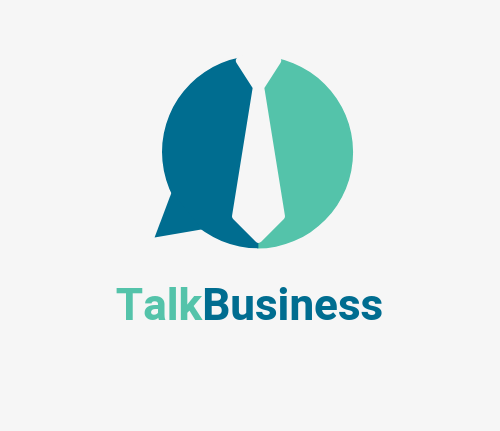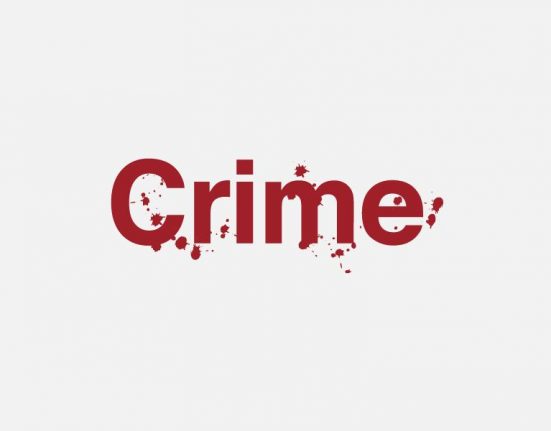Mr. Shani Alhassan Shaibu, the Northern Regional Minister, has commended the Basic Needs Ghana and partners for the instrumental role they played in lobbying government to locate one of the psychiatric hospitals in Tamale as part of the agenda 111 projects. According to the Minister, Basic Needs Ghana played a pivotal role alongside other stakeholders to appeal to government to build the mental health facility at Tugu-Yapalsi, a community in the Tamale metropolis.
Speaking at the DIGNITY project dissemination meeting in Tamale, the Minister commended Basic Needs and their partners for implementing the project and successful completing it. He therefore call on stakeholders to sustain the gains that the project has made since its inception five years ago. He encourage Metropolitan, Municipal and District assemblies in the northern region to adopt measures aimed at sustaining the gains as the has come to end.

Mr Tizaa Hanan Legend, The DIGINITY project coordinator at Basic Needs Ghana, making a presentation on the project, said the project has chalked a number of successes including the collaborative health regime that has been put in place. He noted that “This project has chalked a number of significant successes. One is the establishment of the referral network system in the four operational districts. Because of the establishment of the referral network now people easily access care and the recovery period for trauma patients has reduced. Another success is the media engagement we have done and through the media engagement we reached three thousand people. Another success story of the project is the collaborative care programme or regime whereby traditional healers and former mental health care practitioners are now collaborating to take care of the clients. The traditional healers allow the former mental health care practitioners to visit their facilities to provide care for the clients and the traditional healers also visit the formal facilities to also share information about their clients with the former caregivers. So these are some of the success stories about the project”.
Dr. Abubakar Baba, Northern Regional Director the Ghana health Service (GHS), described the DIGNITY project as life-changing and called on Basic Needs Ghana and their partners to implement more priority projects especially, in the area shelter for torture victims. He revealed that the Ghana Health Service will enhance training for health care workers who are providing care for torture and mental health patients. He also said the psychiatric hospital being built in the northern region when complete will improve the quality of services for mental health patients in the northern region and save travelling time to other regions for the same services. He called for attitudinal change towards mental health patients by the use of the media especially stigmatization against survivors of torture. He also encouraged the security agencies to enforce laws against torture and protect the rights of victims.
Recounting her torching story, one of the beneficiaries of the project and survivor of trauma, Mrs. Alhassan Katumi commended Basic Needs Ghana and partners for coming to her aid. She narrated that being a mental health patient made her lost her business customers and suffered stigma making life difficult for her and the family. She said she was grateful to the project for supporting through her trying moments. She also called for support to enable restart her business as she has been rendered bankrupt.
About the DINITY project
This project is funded by the Department of Foreign Affairs of the Government and people of the Kingdom of Denmark through the DIGNITY Institute Against Torture (simply referred to as the DIGNITY Institute) under a partnership of the DIGNITY Institute with Basic Needs-Ghana and the Mental Health Society of Ghana (MEHSOG).
BasicNeeds-Ghana is the local lead organisation of the 18-month (July 2019-December 2020) initiative to strengthen access to timely and quality psychosocial and rehabilitative services support to persons who have survived Torture and Organised Violence (TOV) due to their mental ill-health conditions in Ghana. The project works to support persons that have survived inhumane treatment and human rights violations in their effort to seek treatment, especially from traditional and faith-based healing centres to benefit from psychosocial and rehabilitative support.
The project is implemented in four districts of Ghana, namely the Zabzugu District and Tamale Metropolitan Area in the Northern Region, as well as the Ga West and Ledzokuku Municipal Area of the Great Accra Region. This project build on a pilot project titled ‘Building up informed ground for rehabilitation of survivors of torture in Ghana’, which established that there was a gap in awareness, knowledge and action on issues of torture and organized violence for which concrete steps needed to be taken to influence practice and policies to improve care and support.
In this regard, the project targets to strengthen the capacity and position of BasicNeeds-Ghana and Mental Health Society of Ghana to promote psychosocial and rehabilitation support to survivors of TOV. The project will increase knowledge, skills and attitudes of formal and informal mental health practitioners in four districts of Ghana to practice healing without use of TOV, recognise symptoms of trauma, and make referrals to formal health care structures; and To increase awareness at the local and national levels of TOV and promote the enforcement of national laws and policies in favour of survivors of these violations. The project targets to directly benefit 350 (180 female) survivors of TOV as well as work with and increase knowledge and influence practices of 60 traditional and faith-based healers, leaders of the Ghana Federation for Traditional Herbal Medicine Practitioners association (GHAFTRAM), formal [mental] health workers and community health volunteers.
Story by Ibrahim Angaangmeni Alhassan/radiotamaleonline.com
















Leave feedback about this